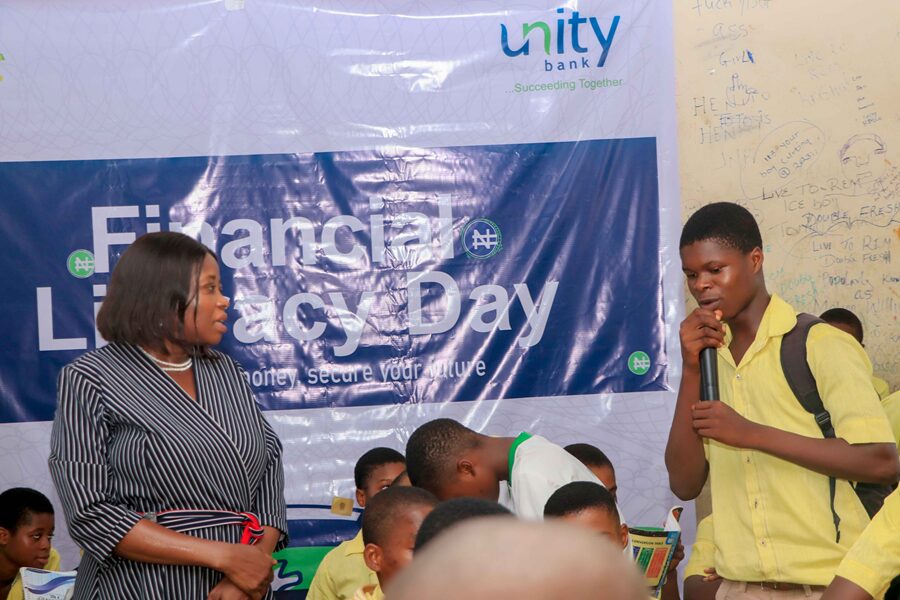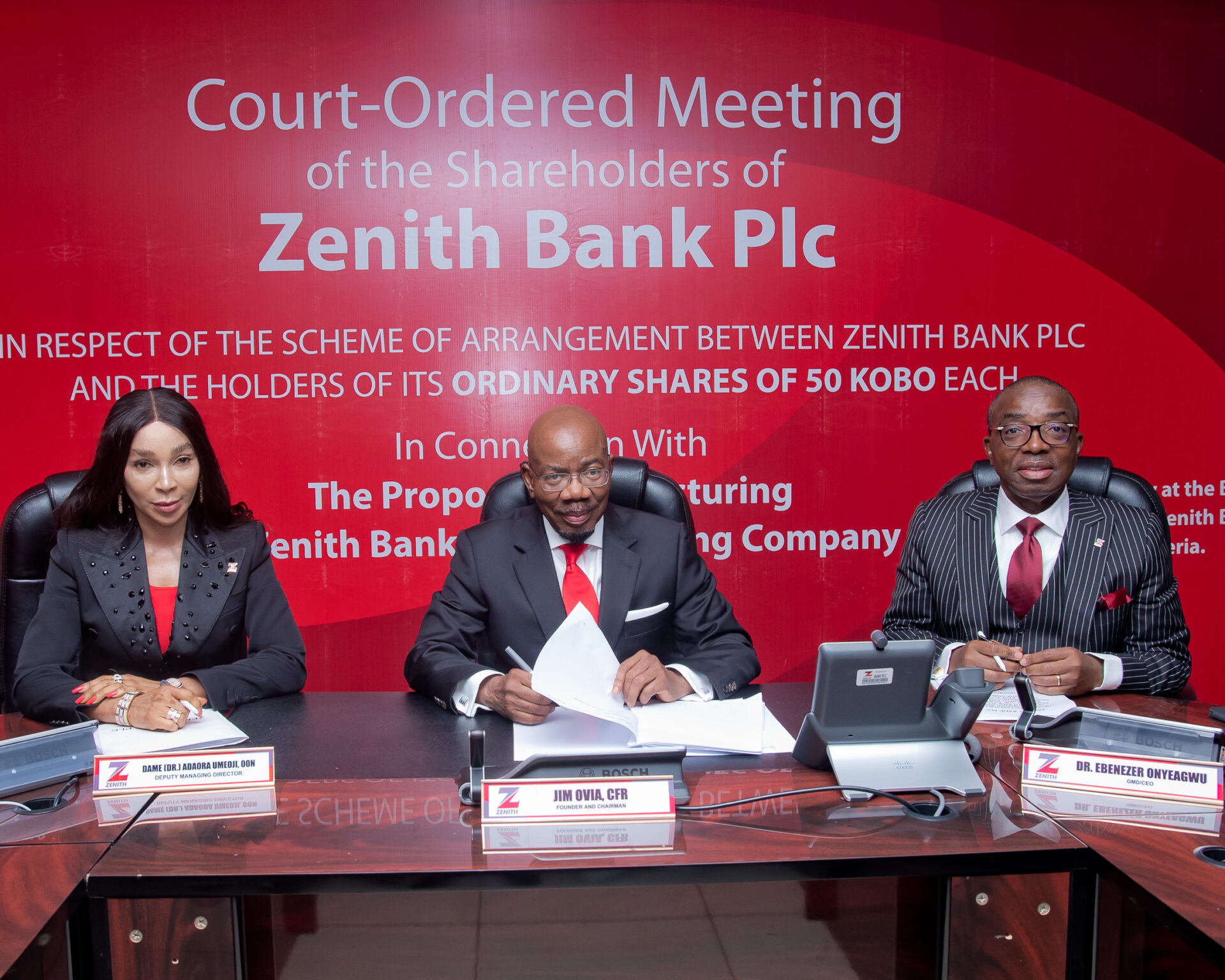- CBN Mulls Reducing CRR for SME-friendly Banks
As part of efforts to encourage commercial banks to lend more to operators of micro, small and medium scale enterprises (MSMEs), the Central Bank of Nigeria (CBN) is considering lowering the cash reserve requirement (CRR) for SME-focused banks.
This formed part of the deliberations at the ninth Bankers’ Committee retreat titled: “Improving Financial Access, Job Creation and Inclusive Growth in Nigeria,” whic took place in Lagos at the weekend.
Briefing reporters yesterday at the end of the two-day retreat, the CBN governor and chairman of the committee, Mr. Godwin Emefiele said the central bank would develop the framework for a strategy aimed at incentivising the banks to support MSMEs next month.
The Monetary Policy Committee of the CBN has kept the CRR at 22.5 per cent, Monetary Policy Rate (MPR) at 14 per cent and Liquidity Ratio at 30 per cent for several months, in a bid to check inflation and ease demand pressure in the foreign exchange market.
As a monetary policy tool, the CRR is used to set the minimum deposits commercial banks must hold as reserves rather than lend out. It is usually applied to influence borrowing and interest rates by altering the funds at banks’ disposal to create loans.
“We agreed that we need to come up with some form of regulation. What that means is that the CBN will provide some form of forbearance such that if a bank lends a certain percentage of its funds to SMEs, maybe its CRR would be lower than that of other banks that are not embracing the initiative.
“So, what that means is that if you want us to ease your CRR, then a certain percentage of your loans must go to this sector of the economy,” Emefiele explained.
Also, the Bankers Committee agreed that the central bank and the Nigerian Communications Commission (NCC) will review the framework for mobile money transactions in the country to accelerate access to finance and financial inclusion.
In addition, following the apathy that has trailed the disbursement of the Agri-business, SME Investment Scheme Fund (AGSMEIS) since its introduction by the Bankers’ Committee, Emefiele said the committee agreed to relax conditions for accessing the fund.
Emefiele said it was a shame that not even one firm was able to access the N26 billion AGSMEIS fund since it was set up.
Accordingly, the committee agreed to peg the interest rate for the fund at not more than five per cent, noting that it would no longer be an equity fund, “but in the form of preference shares arrangement or like a debt structure which makes it easy for those who want to access it”.
In terms of pricing, the Bankers Committee said it should not be more than five per cent for those accessing the fund.
“It was meant to be just equity. But we found out that because of apathy on the part of people who have businesses and would have wanted to be part of it, most people shied away from the equity requirement.
“We decided that the fund needed to be reviewed completely. Indeed, that this fund must be affordable and with the best possible pricing, so that it will be the contribution of the Bankers’ Committee towards national development,” Emefiele explained.
In order to achieve this, the CBN governor said it was agreed that the tenor of the SME and Agric-business fund should be at a minimum of seven years, with a moratorium, so that those to access the fund would be able to do so at a tenor that would give them ample time to repay.
According to Emefiele, the Bankers’ Committee agreed that the fund must be development-oriented and must be a non-profit maximisation scheme for the banks.
“Also, that there must be a professional and transparent management process around it, to give everybody comfort such that everybody will be happy contributing to this fund and we would know it is our contribution to job creation and economic growth in the country.
“We also agreed that under the governance principles, it must be seen to be sustainable and the fund must have a life and if possible, it must be in perpetuity. In which case, every year, banks must contribute. That means the fund would continue to grow,” he added.
In terms of the strategy for the allocation of the fund, Emefiele said it was agreed that 50 per cent of the N26 billion should be allocated to operators of micro businesses across the country, through what he described as a direct disbursement.
Under the arrangement, the banks were directed to set up MSME desks.
On the part of the CBN, the central bank is expected to make its entrepreneurial development centres in the six geo-political zones in the country available to train operators of MSMEs who will benefit from this scheme.
He explained: “We are saying this would be mainly for people who are really low on the cadre. There are some of them who want to go into the hair barbing business, hair salons, make up, etc.
“We are going to get people who will train them in those various skills, taking into consideration the various geo-political zones.
“After training them, we will not disburse cash to them just like we do under the Anchor Borrowers’ Programme where we buy seedlings, fertilizer and herbicides and give to farmers.
“In this case, we will buy the cosmetic equipment and deliver to them, we will buy the barbing equipment and deliver to them, we will buy the sewing machines, among others, and give to them.
“Also, if you are in the agriculture sector, we would buy the equipment, cost it and deliver to them.
“We would also provide them working capital in case they need to rent a store.
“We estimate that if we start this, the fund should be disbursed by latest February because it will take some time to get the equipment.”
He added: “On the part of the CBN, currently on the agriculture side, the central bak has an institution known as the Nigeria Incentive Risk-based Sharing for Agricultural Lending (NIRSAL).
“That is working but we feel there is a need to create a Nigeria Incentive Base Risk-based Sharing for SME Lending (NIRSME) under NIRSAL, where it affords the CBN, through its agency, to determine if you as a bank decides to lend X amount to a company, we will all consider and agree that this is an SME, a small manufacturer and we would share the risk with you.
“Sharing risks also goes to the point of talking about the interest drawback, because NIRSAL does not just engage in risk sharing but also the interest drawback.
“So, with that, while we are sharing the risk, we are also giving some form of interest drawback to banks that have extended SME loans or to small manufacturers so as to drive that.
“I can assure you that latest by January 1, 2018, all these regulations and measures will be put in place so that the banks can go aggressively towards supporting SMEs and small manufacturing businesses.”


 Forex4 weeks ago
Forex4 weeks ago
 Naira3 weeks ago
Naira3 weeks ago
 Billionaire Watch3 weeks ago
Billionaire Watch3 weeks ago




 Naira3 weeks ago
Naira3 weeks ago








 Naira3 weeks ago
Naira3 weeks ago


 Naira2 weeks ago
Naira2 weeks ago








 Naira2 weeks ago
Naira2 weeks ago








 Naira4 weeks ago
Naira4 weeks ago























